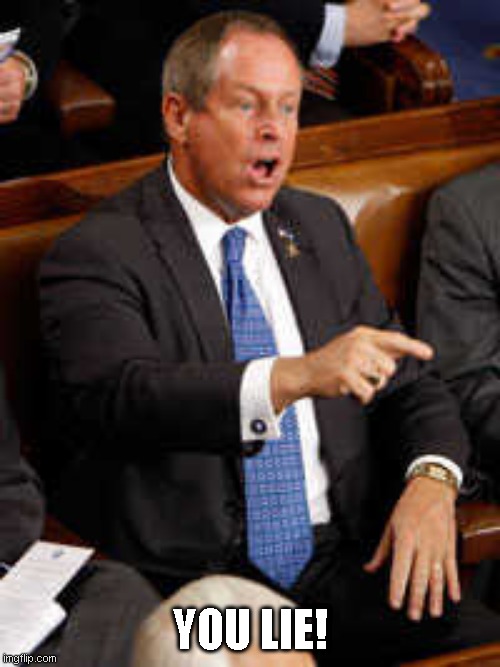A whiteness studies lecturer said last month that white people who judge others as individuals instead of by their skin color are “dangerous,” according to a report in the College Fix.
In a guest lecture at Boston University, entitled “What Does It Mean To Be White,” Robin DiAngelo, a part-time faculty member at the University of Washington, bemoaned that many of her fellow claim to treat everyone the same. But she said they are lying to themselves, and hur
“If you are being honest, you’ve probably said it,” she said. “Your parents could lecture you to do it [but] you don’t do it, you can’t do it, there is no human objectivity.”
DiAngelo said that when she hears people say they are colorblind, they are revealing their own ignorance.
“This person doesn’t understand basic socialization. This person doesn’t understand culture. This person is not self-aware,” she said. “And I need to give a heads up to the white people in the room. When people of color hear us say this, they’re generally not thinking, ‘Alright, I’m talking to a woke white person right now.’ Usually some version of eye-rolling is going on, and a wall is going up.
DiAngelo went on to share words of wisdom from a black friend: “My friend Erin Trent Johnson — she says, ‘When I hear a white person say this, what I am thinking is: ‘This is a dangerous white person. This is a white person who is going to need to deny my reality.’”
DiAngelo’s remarks run counter to those of Martin Luther King Jr., a Boston University graduate, who famously hoped his children would “one day live in a nation where they will not be judged by the color of their skin, but by the content of their character.”
For DiAngelo, racial identity should not be transcended. “I want to be clear that as I stand up here with authority and a voice on this topic, I’m reinforcing whiteness and the centrality of the white view,” she said, admitting to her own limitations as a white person. “I’d like to be a little less white, which means a little less oppressive, oblivious, defensive, ignorant and arrogant.”
DiAngelo said the traditional definition of a racist as “an individual who consciously does not like people based on race and is intentionally mean to them,” serves to protect the majority of racists. The real threat, according to DiAngelo, is the systemic racism in family, religion, education, economics, language the media and the criminal justice system.
In her lecture, DiAngelo also claimed that sexism is rampant in the United States. She noted that the majority of politicians, directors, and police officers are male, and said it was sexist to imply males “just happen to be” more inclined to enjoy these fields of work. “We live in a patriarchy,” she said, pointing to her own husband as an example of how men benefit from the system.
DiAngelo, who authored the book “White Fragility: Why It’s So Hard for White People to Talk About Racism,” concluded her lecture by encouraging the audience to view people in terms of race, not as individuals.
While at one time DiAngelo’s lecture may have seemed radical, her view has increasingly become more mainstream among those on the progressive left. An insistence on categorizing individuals according to race has become particularly prevalent on college campuses, where schools have allowed racial segregation in dorms and classrooms in service of woke-ness.







